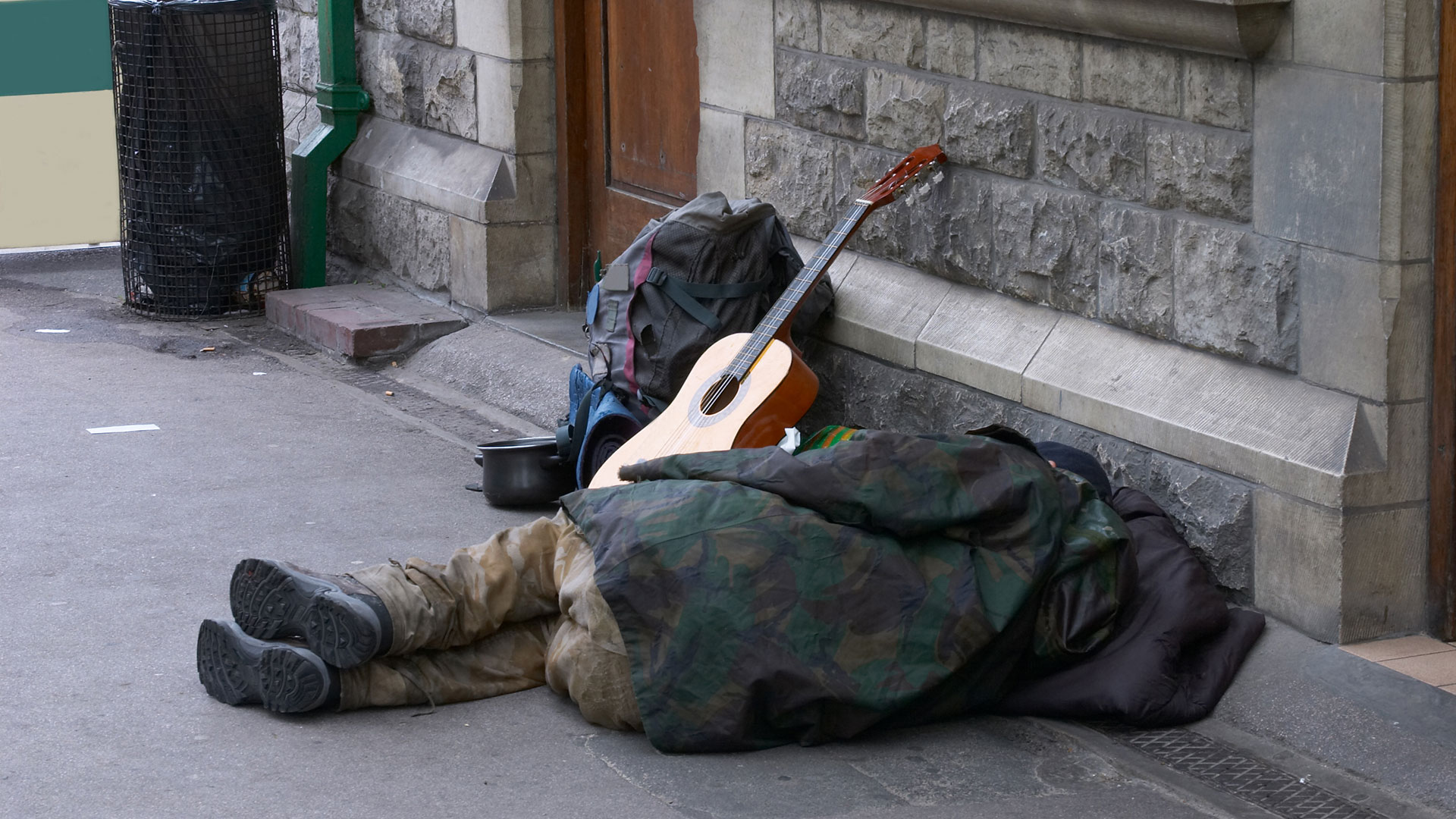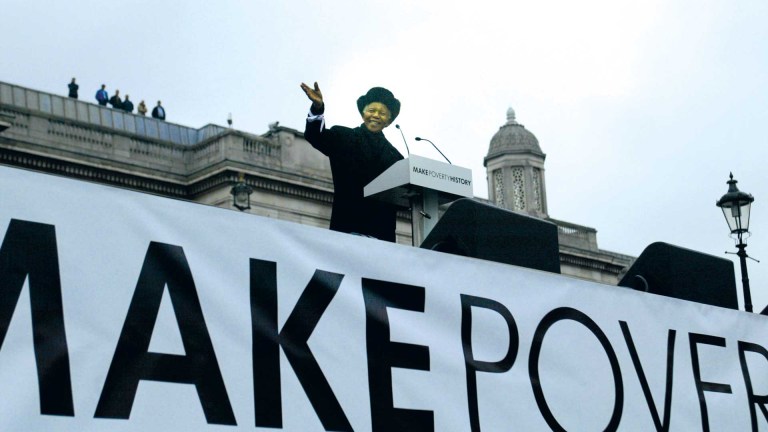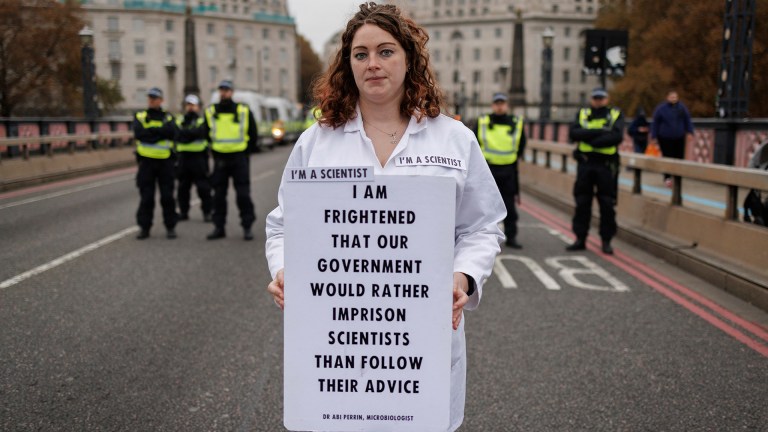With the cost of living crisis continuing to hit households, there are fears that more people will fall into homelessness in the months ahead and homeless charities will struggle to plug the gaps.
The sight of someone living on the streets still remains commonplace – but there are a number of ways where you can help a homeless person and have a big impact on someone’s life for a small investment in time.
What do you say to a homeless person?
The first way to help people experiencing homelessness is a simple one – speak up! A warm greeting, some simple small talk or even just asking a personal question can make all the difference.
Homelessness puts an enormous strain on mental health with long hours of loneliness, isolation and sleep deprivation.
Big Issue vendors can have this experience, too, even while out selling the magazine on a packed street. That’s why speaking up is so important.
Just think that the person that you pass who is living on the streets might not have spoken to anyone that day – just a simple ‘hello, how are you?’ could make an enormous difference to someone’s day.
Advertising helps fund Big Issue’s mission to end poverty
And, as a bonus, you may well take away something that does the same for you.
So why not stop for a chat? And if you get chatting to one of our Big Issue vendors working hard to earn a living on the streets, why not buy a magazine too? You can find your nearest vendor here.
What would you ask a homeless person?
Striking up a conversation is no different than with anyone else. You can say hello, ask how someone is or what plans they have for the day.
The same rules apply to striking up a conversation with any stranger, just be friendly and respectful and be wary of overstepping any boundaries. Many people will strike up a conversation, others might not want to talk. That’s fine, too, it’s all about making sure the other person is comfortable.
As well as asking how someone is doing, you could also see if they need any help with anything.
As the weather turns colder this winter, living on the streets becomes ever more dangerous. Heatwaves can become just as deadly too while climate change means extreme weather events are likely to become more frequent.
Advertising helps fund Big Issue’s mission to end poverty
More than 1,400 people died while homeless in the UK last year, according to the latest research from the Museum of Homelessness. While interventions you can make on the street may seem like a small thing, they can also potentially save someone’s life.
If you have an immediate concern for someone who is unwell or in danger on the street, call the emergency services. If temperatures are extremely hot or cold, you can see your local council is offering shelter through the Severe Weather Emergency Protocol, better known as Swep.
You can also point people to your nearest warm bank, if there is one nearby – these are free spaces open to anyone who needs to come in from the cold for a bit.
What is the best thing to give a homeless person?
Life on the streets is tough and some of the challenges change from season to season.
In the winter, give a warm drink, warm clothing and other things that insulate from the cold if you are unable to help get the person to shelter.
Summer can be just as difficult with no place to get out of the sun. So consider offering high-factor sunscreen – which can often be expensive – and water to rough sleepers to protect them from the heat.
Advertising helps fund Big Issue’s mission to end poverty
And if you see any of our vendors out selling the magazine on a pitch near you, a warm word would not go amiss alongside supporting them by buying the magazine.
Of course, you could always put a homeless person in touch with one of our distribution offices all over the UK to give them the chance to get themselves a hand up, not a hand out too.
But it is important to have a compassionate and non-judgmental conversation with the person you are trying to help first. They can tell you what they want and what help they might need.
When should you report a homeless person?
Homelessness can make it almost impossible for rough sleepers to access services that those with a secure home can often take for granted. Healthcare can be tricky to get while setting up essential facilities required for work or benefits, like a bank account, are also tough without an address.
If a homeless person tells you about these problems, is in England and Wales, and consents to you reaching out for help on their behalf, send an alert to StreetLink – an organisation which connects people living on the streets with the local authority and outreach teams to provide support.
It’s important to respect a homeless person’s agency to make decisions about their own lives.
Advertising helps fund Big Issue’s mission to end poverty
StreetLink becomes increasingly crucial for finding people who are experiencing homelessness but may be out of sight on the streets – when the temperatures drop, accessing emergency support can quickly become life-saving.
Ninesh Muthiah, chief executive of Home Connections, which operates the £2million StreetLink contract on behalf of the government, said: “It is vital that the public embrace this unique service. Help really is in the hands of anyone with access to a mobile phone or computer.
“The website is not only simple to use, but it also tracks the outcome of any alert raised, so we can measure the impact the public Is having on ending rough sleeping.”
Do you have a story to tell or opinions to share about this? Get in touch and tell us more. Big Issue exists to give homeless and marginalised people the opportunity to earn an income. To support our work buy a copy of the magazine or get the app from the App Store or Google Play.










